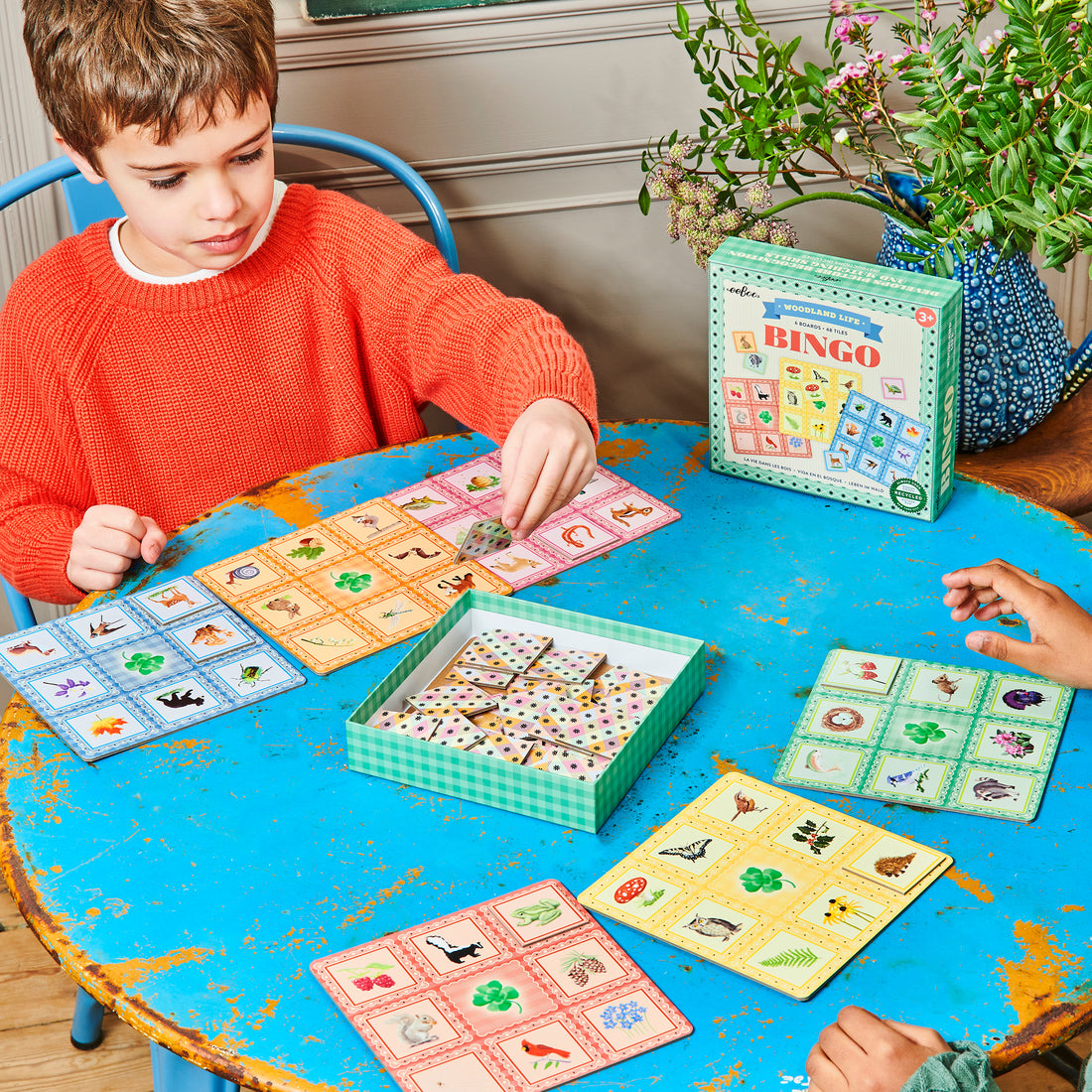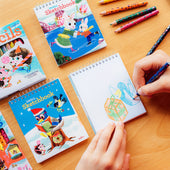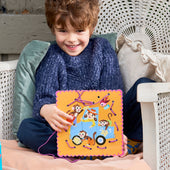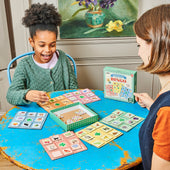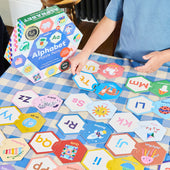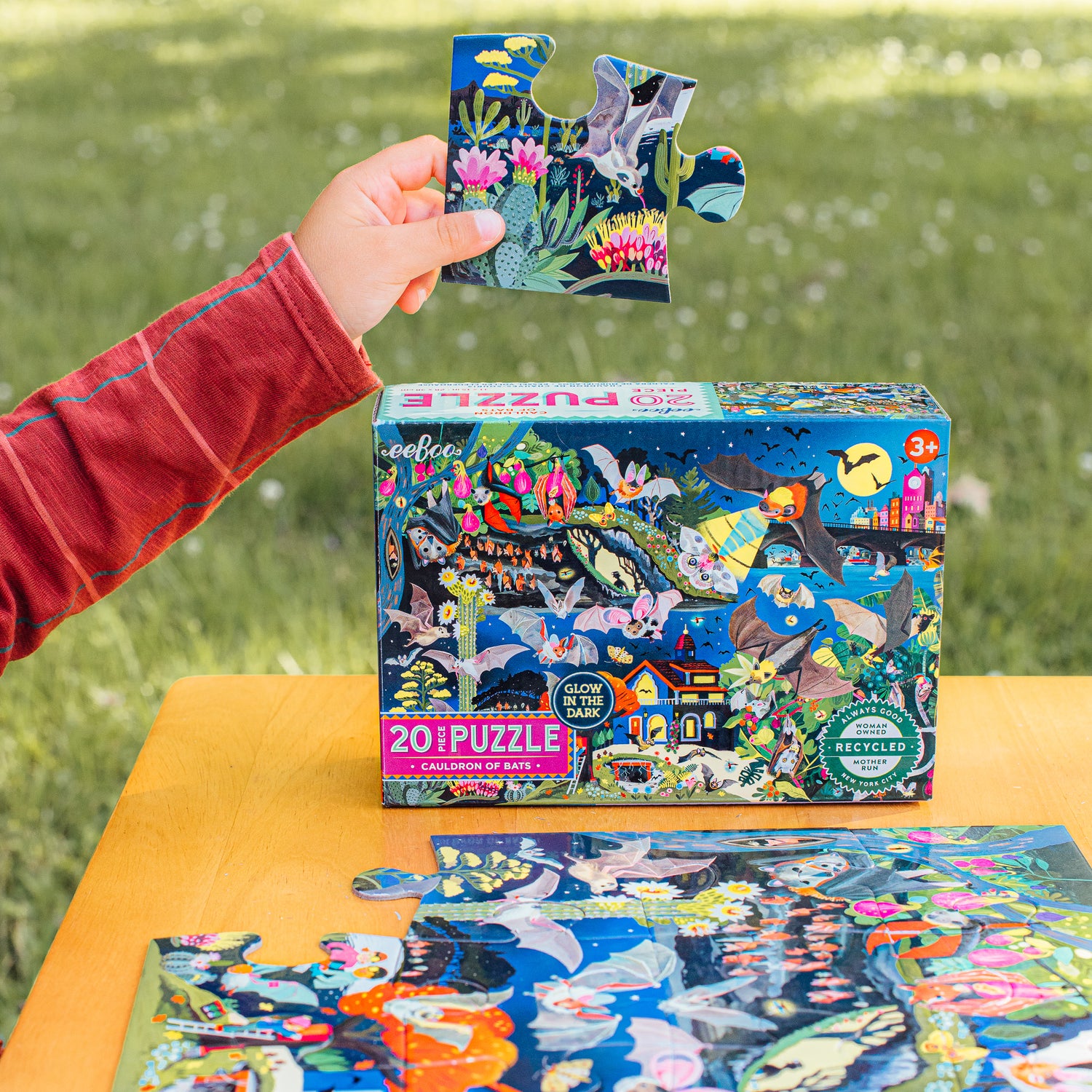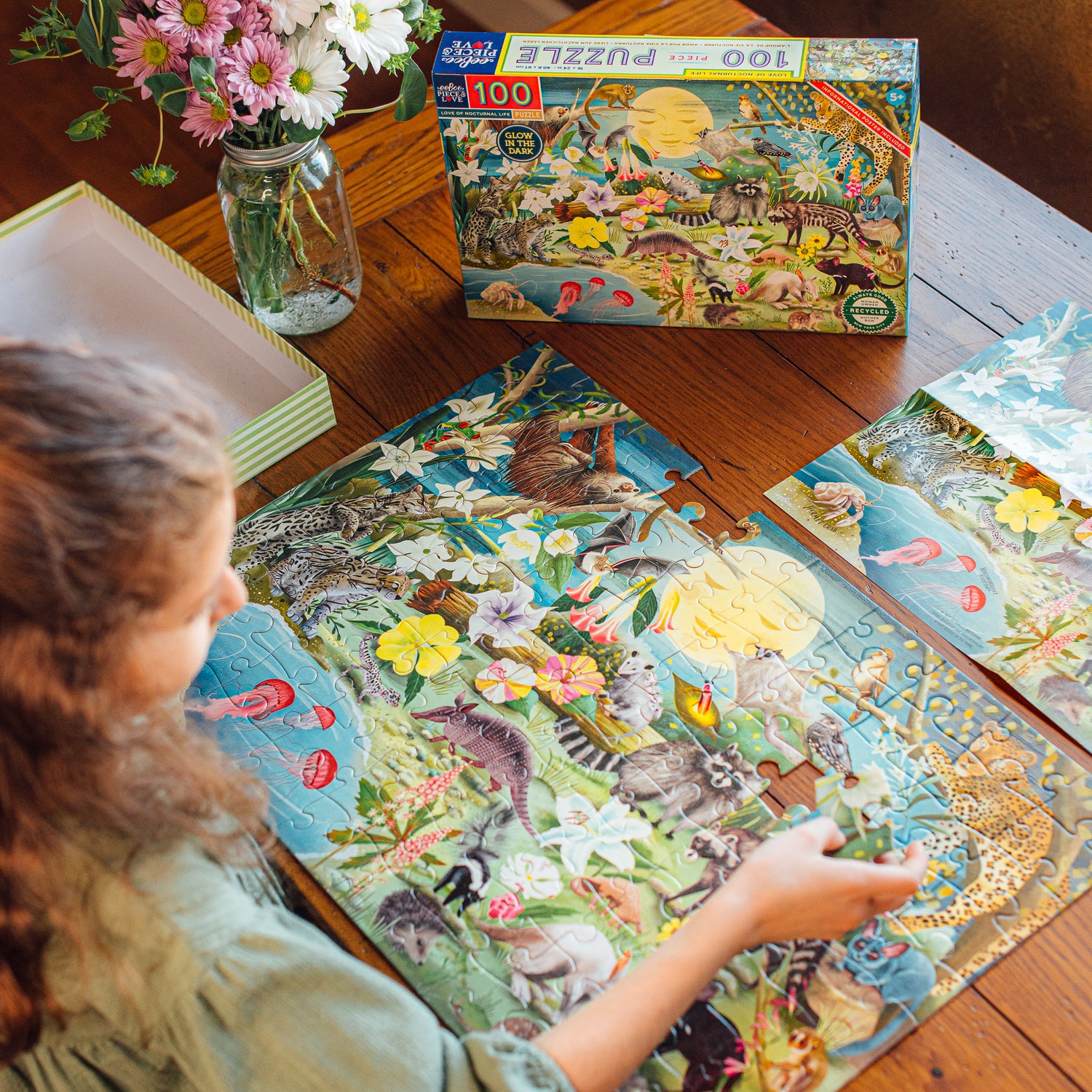Cooperative Play: A Key to Social and Cognitive Development in Children Ages Four through Six
Introduction to Cooperative Play
Cooperative play is a pivotal stage in child development where children work together towards common goals, share ideas, and engage in activities that require collaboration and teamwork. Typically emerging around the ages of 4 to 6, cooperative play marks a significant progression from earlier forms of play, such as solitary, parallel, and associative play. It reflects advanced social, emotional, and cognitive skills and lays the foundation for effective interpersonal relationships and problem-solving abilities.
Characteristics of Cooperative Play
-
Shared Goals: Unlike associative play, cooperative play involves children working towards a common objective. They plan, negotiate roles, and execute their plans together, whether building a fort, playing a team sport, or staging a play.
-
Role Assignment: Children assign and accept roles within their play scenarios. They understand and respect these roles, which may change fluidly as the play evolves, demonstrating flexibility and cooperation.
-
Collaboration and Teamwork: Effective communication and cooperation are central to cooperative play. Children learn to express their ideas, listen to others, and integrate different perspectives into their activities.
-
Rule Development and Adherence: During cooperative play, children often create and follow rules. This process helps them understand the importance of structure and fairness, and it develops their ability to negotiate and resolve conflicts.
Benefits of Cooperative Play
-
Social Skills Development: Cooperative play enhances children's social competence. They learn to interact positively with peers, develop empathy, and build lasting friendships through shared experiences and mutual understanding.
-
Communication Skills: The interactive nature of cooperative play promotes advanced language development. Children practice articulating their thoughts, understanding others, and engaging in complex dialogues.
-
Emotional Growth: Through cooperative play, children experience a range of emotions, such as joy, frustration, and empathy. They learn to navigate these emotions, improving their emotional intelligence and resilience.
-
Cognitive Skills Enhancement: Cooperative play encourages problem-solving, critical thinking, and creativity. Children work together to overcome challenges, plan strategies, and innovate solutions, fostering cognitive development.
Examples of Cooperative Play
-
Board & Card Games: Kids learn problem solving, patience, and social skills while playing early games with others. Early board games have lower competitive actions but allow children to make their own choices. While games are not wholly cooperative, the act of winning and losing provides emotional growth and resilience.
-
Group Games and Sports: Activities like soccer, tag, or relay races require children to follow rules, work as a team, and support each other to achieve a common goal.
-
Dramatic Play: In role-playing scenarios, children might act out a story, taking on different characters and collaborating to create a coherent narrative.
-
Educational Activities: Group learning tasks, such as solving puzzles or conducting simple science experiments, promote cooperative learning and shared achievement.
Supporting Cooperative Play
-
Providing Opportunities: Create environments where children can engage in group activities. Supply materials and spaces conducive to cooperative play, such as large building blocks, team sports equipment, and dramatic play props.
-
Guidance and Facilitation: Adults can support cooperative play by guiding children in their interactions, helping them resolve conflicts, and encouraging inclusive participation. However, it's important to allow children to lead their play and make decisions independently.
-
Modeling Cooperative Behavior: Demonstrate cooperation and teamwork in everyday interactions. Children learn by observing adult behaviors, so showing respect, sharing, and collaborative problem-solving can reinforce these skills.
Cooperative play is a crucial developmental stage that significantly impacts a child's social, emotional, and cognitive growth. By engaging in activities that require collaboration, children develop essential life skills that prepare them for future interpersonal and academic success. Supporting and nurturing cooperative play can help children build a strong foundation for healthy relationships and effective teamwork throughout their lives.

